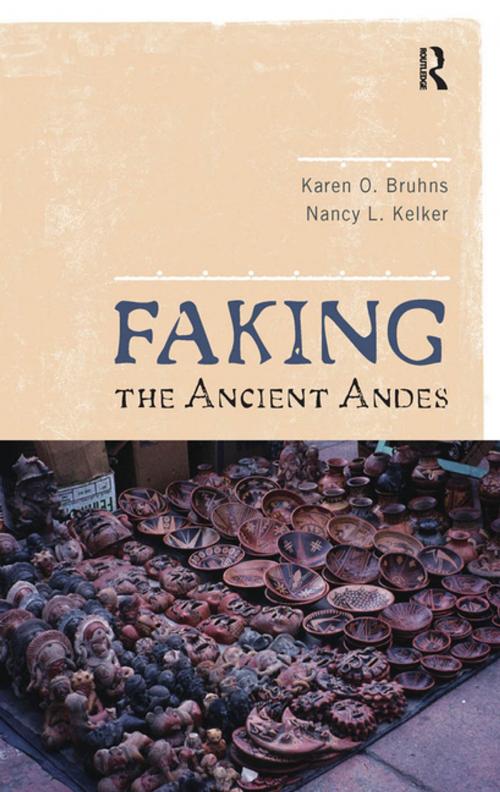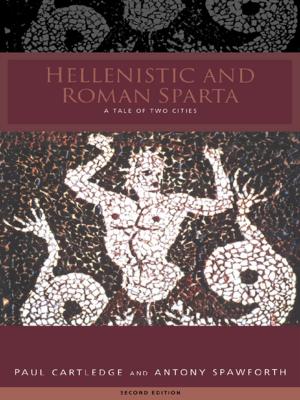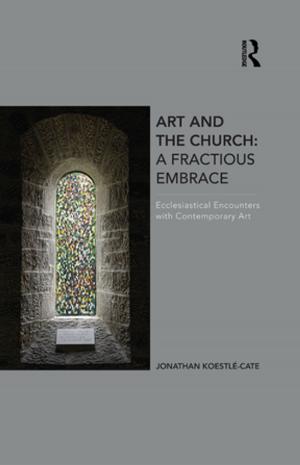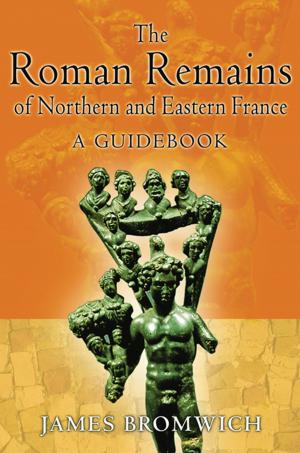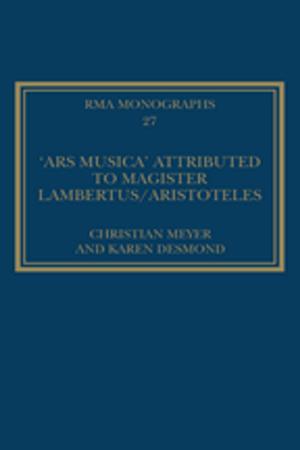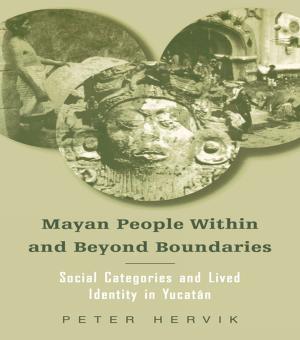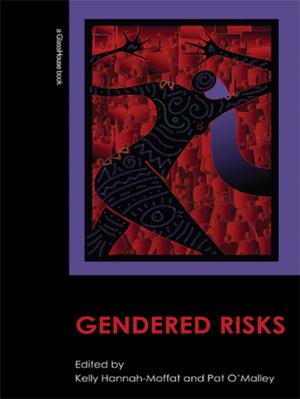Faking the Ancient Andes
Nonfiction, Social & Cultural Studies, Social Science, Archaeology, Crimes & Criminals, Criminology| Author: | Karen O Bruhns, Nancy L Kelker | ISBN: | 9781315428550 |
| Publisher: | Taylor and Francis | Publication: | September 16, 2016 |
| Imprint: | Routledge | Language: | English |
| Author: | Karen O Bruhns, Nancy L Kelker |
| ISBN: | 9781315428550 |
| Publisher: | Taylor and Francis |
| Publication: | September 16, 2016 |
| Imprint: | Routledge |
| Language: | English |
Nasca pots, Quimbaya figurines, Moche porn figures, stone shamans. Fakes and forgeries run rampant in the Andean art collections of international museums and private individuals. Authors Karen Bruhns and Nancy Kelker examine the phenomenon in this eye-opening volume. They discuss the most commonly forged classes and styles of artifacts, many of which were being duplicated as early as the 19th century. More important, they describe the system whereby these objects get made, purchased, authenticated, and placed in major museums as well as the complicity of forgers, dealers, curators, and collectors in this system. Unique to this volume are biographies of several of the forgers, who describe their craft and how they are able to effectively fool connoisseurs and specialists. This is an important accessible introduction to pre-Columbian art fraud for archaeologists, art historians, and museum professionals alike. A parallel volume by the same authors discusses fakes in Mesoamerican archaeology.
Nasca pots, Quimbaya figurines, Moche porn figures, stone shamans. Fakes and forgeries run rampant in the Andean art collections of international museums and private individuals. Authors Karen Bruhns and Nancy Kelker examine the phenomenon in this eye-opening volume. They discuss the most commonly forged classes and styles of artifacts, many of which were being duplicated as early as the 19th century. More important, they describe the system whereby these objects get made, purchased, authenticated, and placed in major museums as well as the complicity of forgers, dealers, curators, and collectors in this system. Unique to this volume are biographies of several of the forgers, who describe their craft and how they are able to effectively fool connoisseurs and specialists. This is an important accessible introduction to pre-Columbian art fraud for archaeologists, art historians, and museum professionals alike. A parallel volume by the same authors discusses fakes in Mesoamerican archaeology.
